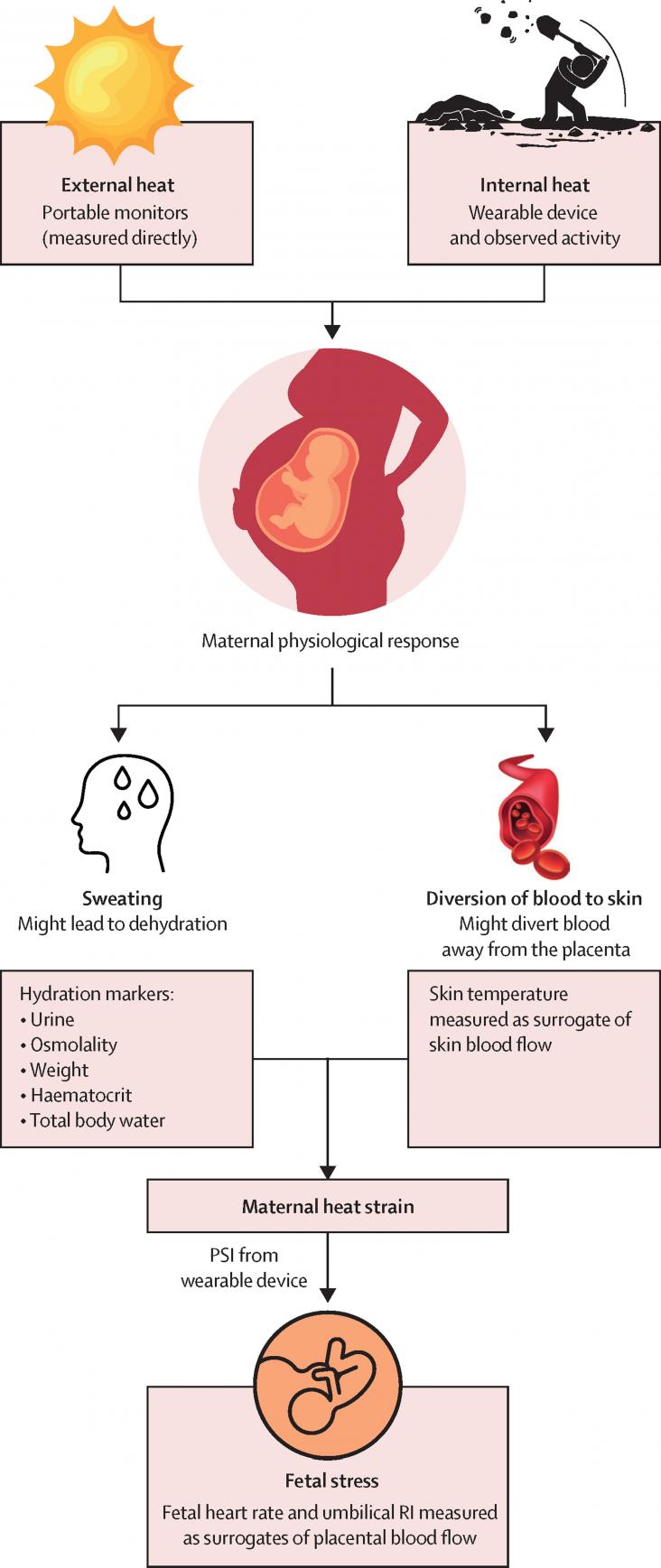This chapter advances Goals 3 and 13 by explaining why CE philosophy should be considered in national policies to guide waste and environmental management efforts.
Experts in the field, along with patient representatives from the Sarcoma Patient Advocacy Global Network (SPAGN), met at an international consensus meeting in 2022 to define best clinical practice of tenosynovial giant cell tumour (TGCT). Although usually not life-threatening, TGCT may cause chronic pain and adversely impact function and quality of life. A global effort is needed to make active systemic treatments available to TGCT patients worldwide and avoid discrimination.
This Article supports SDGs 3 and 10 by showing that, globally, Black women are at higher risk of adverse perinatal outcomes of neonatal death, stillbirth, preterm birth, and small-for-gestational-age babies than White women, even after adjusting for maternal characteristics. Moreover, these racial disparities in perinatal outcomes were consistently observed across all geographical regions.
An ongoing challenge in HIV-1 vaccine research is finding a novel HIV-1 envelope glycoprotein (Env)-based immunogen that elicits broadly cross-neutralizing antibodies (bnAbs) without requiring complex sequential immunization regimens to drive the required antibody affinity maturation.
Cabotegravir (CAB) is an integrase strand transfer inhibitor (INSTI) formulated as a long-acting injectable drug approved for pre-exposure prophylaxis and use with a long acting rilpivirine formulation for therapy in patients with virological suppression. However, there has been no comprehensive review of the genetic mechanisms of CAB resistance. Studies reporting the selection of drug resistance mutations (DRMs) by CAB and the results of in vitro CAB susceptibility testing were reviewed.

This Article supports SDGs 3, 5, and 13, focusing on the mechanisms for adverse outcomes caused by environmental heat stress in pregnant subsistence farmers.
This Article supports SDGs 3 and 13 by estimating cost and benefits of climate change mitigation, focussing on heat-related labour losses and considering current mitigation pledges.
This article ties to SDG 3. It reviews converging lines of evidence that suggest that development of prefrontal cortical circuitry necessary for both social experiences and fear learning is altered by stress exposure in a way that impacts both social and fear behaviors throughout the lifespan.
The paper shows how still births are distributed across the country and how these regions need more focus in the UHC policy.
This Study supports SDGs 3, 5 and 10 by exploring the national impact of limited English proficiency (LEP) in breast cancer screening. Previously unknown, the results showed that LEP women, particularly Spanish speakers, are associated with a lower probability of having a screening mammogram.
